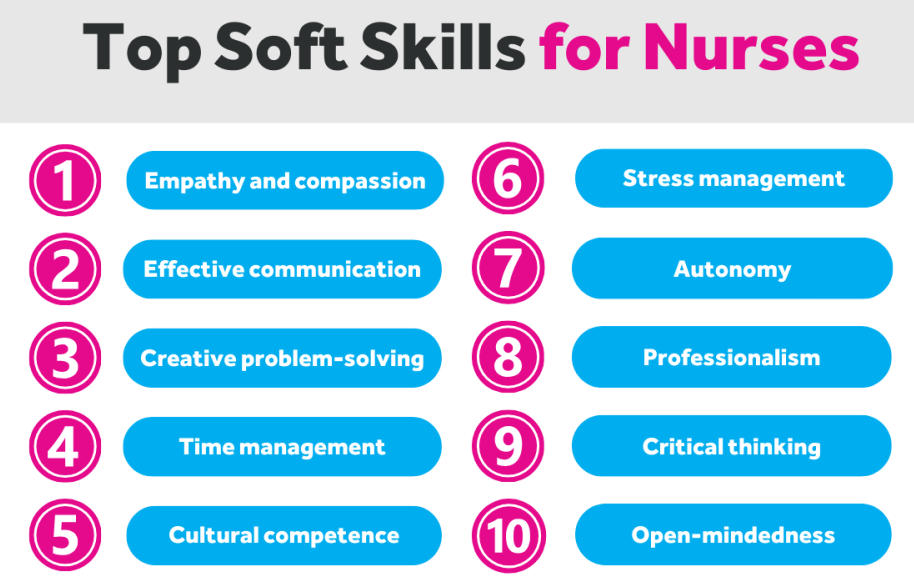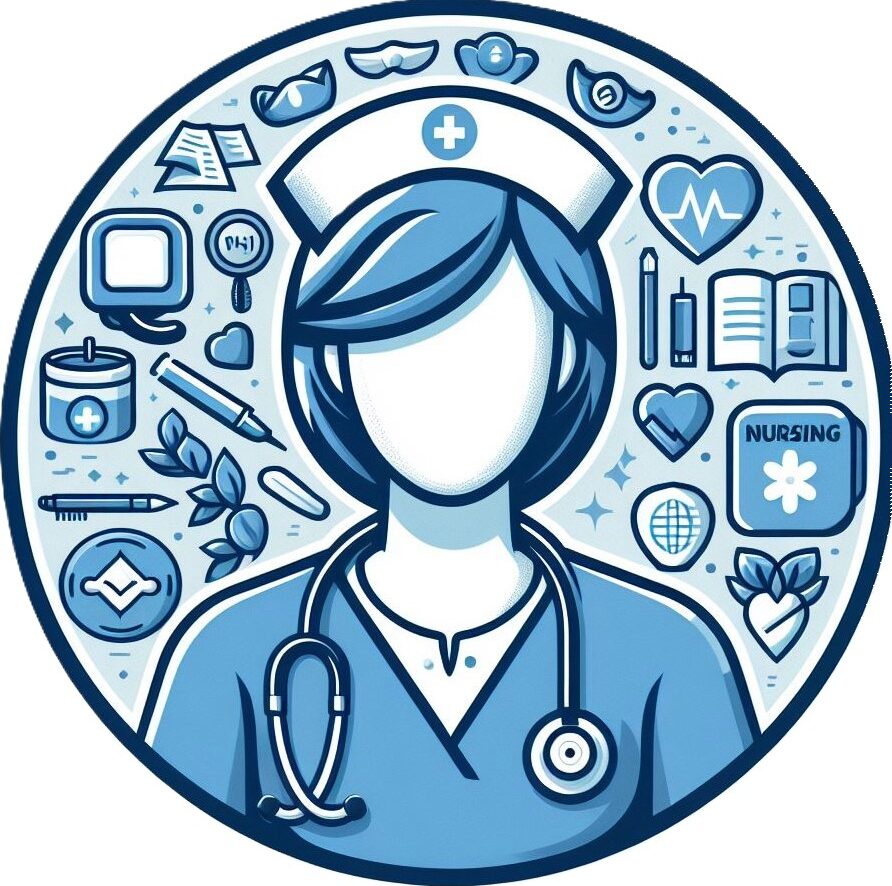 We need to admit that nursing is a proud of career but also a demanding one. Indeed, in healthcare setting you normally need to look after multiple patients, apart from providing care, documentation piling up, medications to administer, and sudden emergencies arise. It can be hectic at times, and you never can predict what could happen in your shift. Therefore, effective time management becomes your best friend where you need to prioritize tasks, delegate when possible, and employe some effective time-management tools or strategies can make a huge difference. It is helpful to find what works best for you and maintains it.
We need to admit that nursing is a proud of career but also a demanding one. Indeed, in healthcare setting you normally need to look after multiple patients, apart from providing care, documentation piling up, medications to administer, and sudden emergencies arise. It can be hectic at times, and you never can predict what could happen in your shift. Therefore, effective time management becomes your best friend where you need to prioritize tasks, delegate when possible, and employe some effective time-management tools or strategies can make a huge difference. It is helpful to find what works best for you and maintains it.
Nowadays, modern healthcare technology is adding into this mix. Electronic Health Records (EHR), telehealth, and other digital tools are available for every healthcare environment. The goal of these is to make things easier for nurses and other healthcare team, however, they sometimes appear is more things to learn and manage. Some nurses find it can be tough to keep up. Therefore, continuous training and familiarizing yourself with these tools can significantly cut down on the learning curve and boost your efficiency.
Managing time well means being able to handle multiple tasks without losing your cool. Developing these skills can make your shift flow smoother, reduce stress, and improve patient care.
Effective Communication and Cultural Competency: Navigating Diverse Interactions
Communication is essential in nursing. It can be talking with a patient, explaining a procedure to a family member, or coordinating with your team, your successful delivering message is vital. Therefore, effective communication can be the difference between delivering excellent care and a potential disaster.
It is true that clear and concise communication helps avoid misunderstandings. Miscommunication can lead to errors, which can severely impact patient care. Also, building skills in active listening, empathy, and assertiveness is essential. Effective communication is not only what you say, but also how you say it and how well you listen when your patient talks. A patient feels more comfortable when they know they are being heard and understood.
What’s about cultural competency? It is very critical as we are nurses who work with diverse cultural backgrounds, which means understanding different health beliefs and communication styles. Cultural competence is a vital skill as it helps in building trust and providing care that’s respectful of and tailored to a patient’s cultural needs. Respecting these differences can lead to better patient outcomes and satisfaction.
This leads to training in cultural competence is important. By learning about different cultures, you can avoid unintentional misunderstandings and provide more personalized care. It can be as simple as understanding dietary restrictions or health practices that differ from the mainstream. Each small step towards cultural competence makes you a great nurse every day.
Effective communication is not limited in patient-nurse interactions, it is also influent in team communication. Nurses rely heavily on their colleagues. Therefore, clear, effective communication within your team is key to ensuring everyone is on the same page. It ensures that patient care is consistent and that no critical information slips through the cracks.
Emotional and Physical Resilience: Overcoming Burnout
We all know nursing is tough as we deal with patient suffering, death, and ethical dilemmas, which can affect emotionally. That’s why If you’re feeling drained, that’s totally normal. The good news is solution’s presence. It is essential that you learn to build resilience, self-care practices, such as mindfulness and exercise or even just taking a few moments to breathe deeply can help reset your mind.
One of the most effective techniques for me to prevent burnout in nursing is mindfulness – to be present in the moment. You might take a quick meditation session between shifts or just focus on your breathing. These small practices can have big effects on your well-being.
Another favorite tip is lean on your peers. I can stress enough that peer support is gold in nursing as sharing experiences with colleagues who understand can be incredibly uplifting. Sometimes, by talking about a rough day makes it feel less heavy. Furthermore, don’t hesitate to seek professional counseling if needed. There’s no shame in getting help when things get overwhelming as mental health is as crucial as physical health.
I need to admit that balancing personal and professional demands is challenging. Therefore, setting boundaries and taking time for yourself outside work is crucial. In addition, engage in activities you love, spend time with loved ones, and remember, it’s okay to say NO sometimes. A well-balanced nurse is a more effective nurse.
Having a strong support network at work can make a big difference too. Whether it’s through formal peer support programs or informal coffee breaks, connecting with your coworkers is key. It reminds you that you’re not alone, and there’s strength in numbers. Together, you can tackle the challenges and celebrate the triumphs.
Critical Thinking and Decision-Making: Ensuring Quality Care
Critical thinking and quick decision-making are at the core of quality nursing care. When emergencies arise, being able to make swift, accurate decisions is vital. Developing strong clinical judgment takes time and experience, but it’s crucial. It’s where knowledge meets instinct. For instance, simulation exercises can boost these skills, giving you hands-on practice in a controlled environment.
Patient education is another key aspect of nursing. Explaining health conditions, treatments, and post-discharge care in a way that patients and their families can understand isn’t always easy. People might be confused, scared, or even non-compliant. Therefore, tailoring your education strategies to every patient, using simple language, and checking for understanding can improve outcomes. Patient education is not only sharing information, but also empowering people to take charge of their health.
Next challenging is medication management. Administering the right medication at the right time and in the right dosage is a responsibility that can’t be taken lightly. Staying updated with pharmacology and using tools like medication checklists can help minimize errors. Knowledge is power, and in this case, it is lifesaving.
What’s about legal and ethical issues. You may encounter complex ethical situations and must ensure you’re providing care within legal guidelines. Therefore, regular training on legal responsibilities and ethical practices helps keep you informed and prepared to tackle these challenges head-on. We do what’s best for the patient while staying within professional boundaries.
Lastly, difficult patients and families are also part of the job. Dealing with aggression, non-compliance, or anxiety can be incredibly challenging. Building skills in de-escalation and conflict resolution, while maintaining professionalism, is essential. These skills not only ease your stress but also improve the overall care experience for the patient and their family.
Let me know your thoughts about these nursing skill challenges in the commence below and thank you for reading this article.
